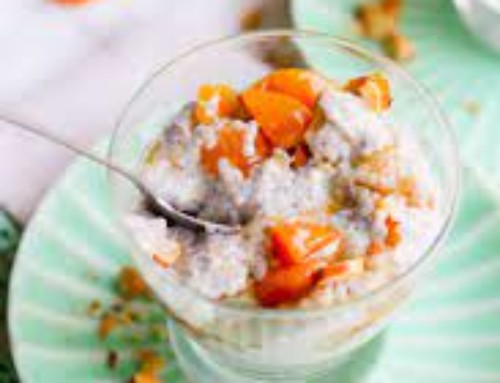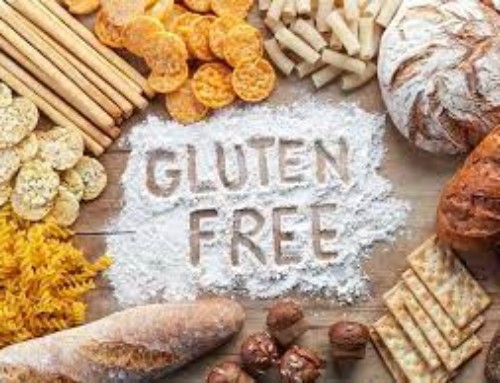Let me start by saying that I’m not a teetotaler. In fact, my husband and I enjoy learning about and tasting fine wines from all over the world. That said, I know my limit (which, by the way, is much less than it used to be just a few years ago).
You see, my goal is to perform at the top of my game each and every day, whether it’s working with nutrition therapy clients, researching, mothering, working out, or being a supportive spouse. Too much alcohol messes with my hormones and leaves me feeling flat the next day (mostly due to poor sleep quality!).
I assume you have similar goals or you wouldn’t be reading this blog. Let’s dig deep to find out how alcohol can throw your hormone symphony out of tune.
First of all, how much is “too much” alcohol? According to the American Heart Association, it’s one drink per day for women. Men get two drinks per day (life is so unfair). One drink is the equivalent of a 12 oz. beer, 5 oz. glass of wine, or 1 oz. of spirits. (If you’re a wine drinker I strongly encourage you to measure your wine because 5 ounces is a lot less than you think!) Drinking more than this increases your risk of breast cancer, obesity, high blood pressure, and stroke.
Women metabolize the chemicals in alcohol at a much slower rate than men. This means the impact of alcohol is much stronger and faster for women. Drinking alcohol also affects a women’s hormone levels in several ways:
- Alcohol raises estrogen levels, which worsens symptoms of estrogen-dominant hormonal issues (PCOS, fibroids, endometriosis, etc.) and disrupts normal menstrual cycling.
- Alcohol interfers with the hormones that regulate bone growth and remodeling resulting in decreased bone density, increased risk of fratures, and osteoporosis.
- Alcohol raises cortisol. Some cortisol is essential for the natural stress response. But chronic high cortisol is not your friend. It’s linked to increased belly fat, prediabetes, diabetes, high blood pressure, depression, and insomnia.
- Alcohol disrupts blood sugar function. This is something to pay close attention to as nearly 50% of U.S. adults have diabetes or pre-diabetes. In addition to the increased risk of disease, studies have shown that alcohol increases appetite causing some people to consume 300-400 more calories a day when drinking. To make matters worse, women can find themselves making unhealthy food choices the day after drinking, which further exacerbates the blood sugar/overeating problem.
While it’s not a hormonal problem per se, drinking alcohol can deplete your store of antioxidants, which leaves you vitamin and mineral deficient. This is not a good thing if you are struggling with hormone imbalance.
Luckily it’s not all bad news. Research suggests that drinking in moderation seems to reduce inflammation and improve cardiovascular health. Remember that, for women, moderate drinking is one drink per day.
Until next time, make every bite count!








Leave A Comment
You must be logged in to post a comment.